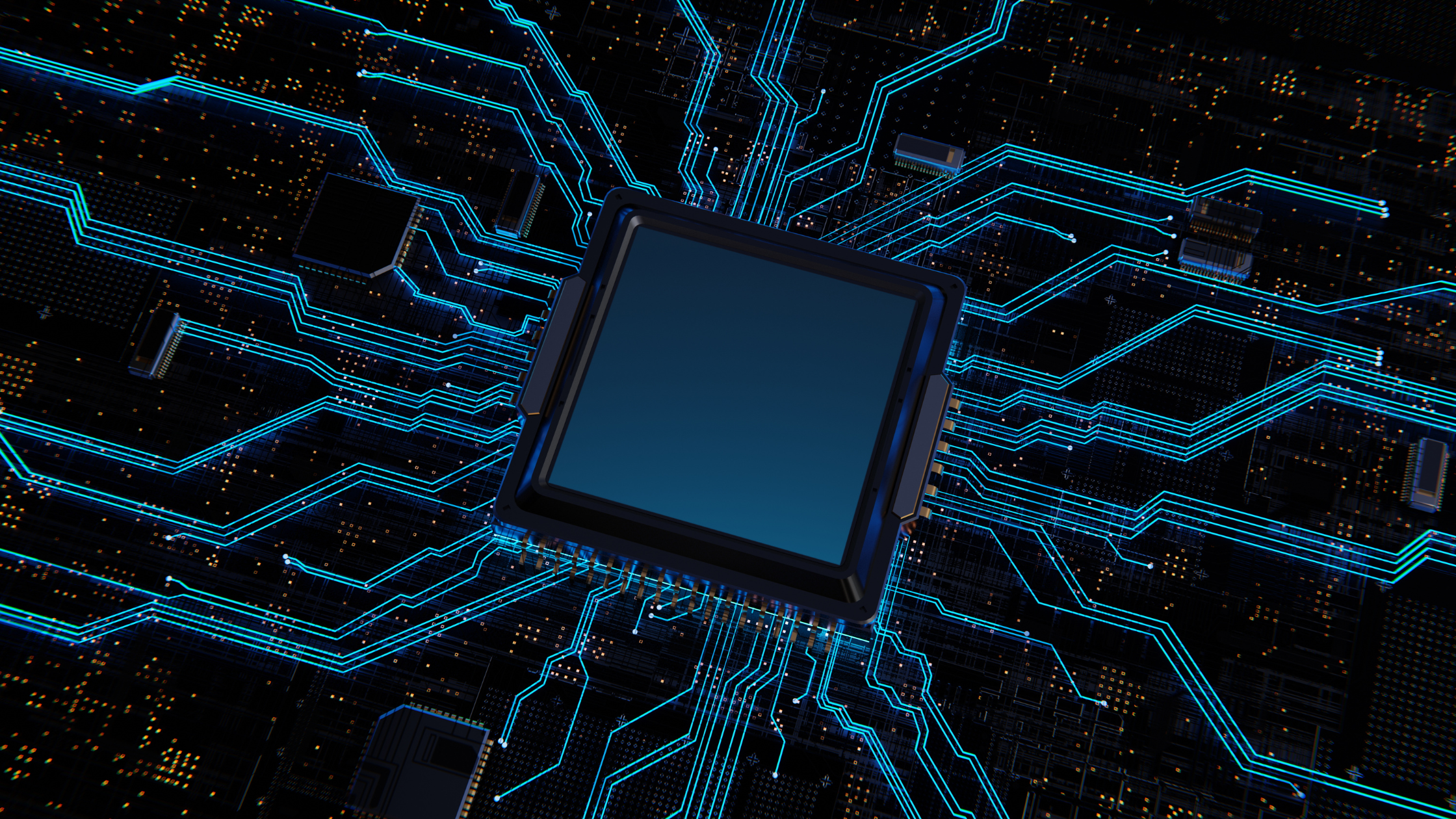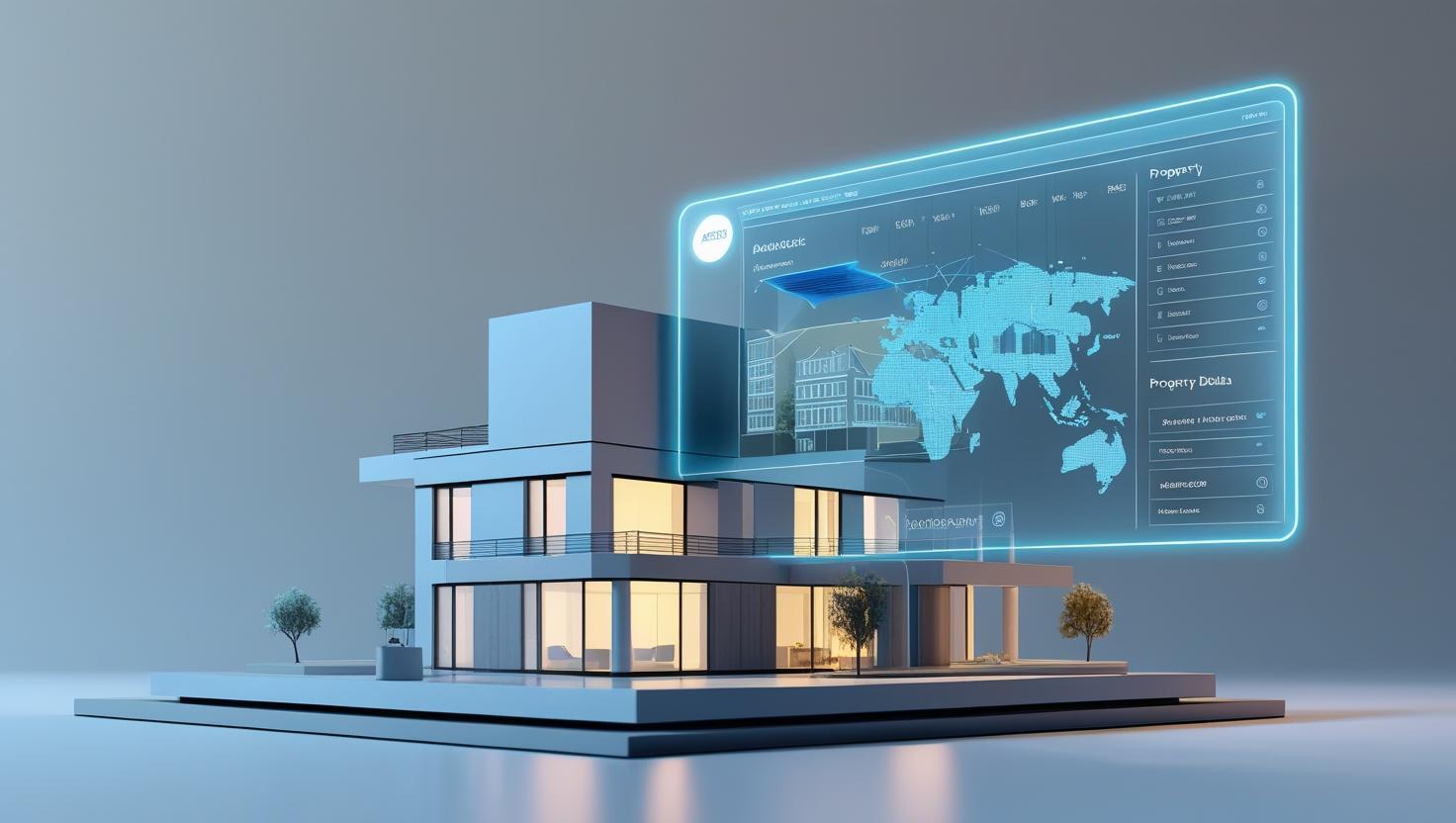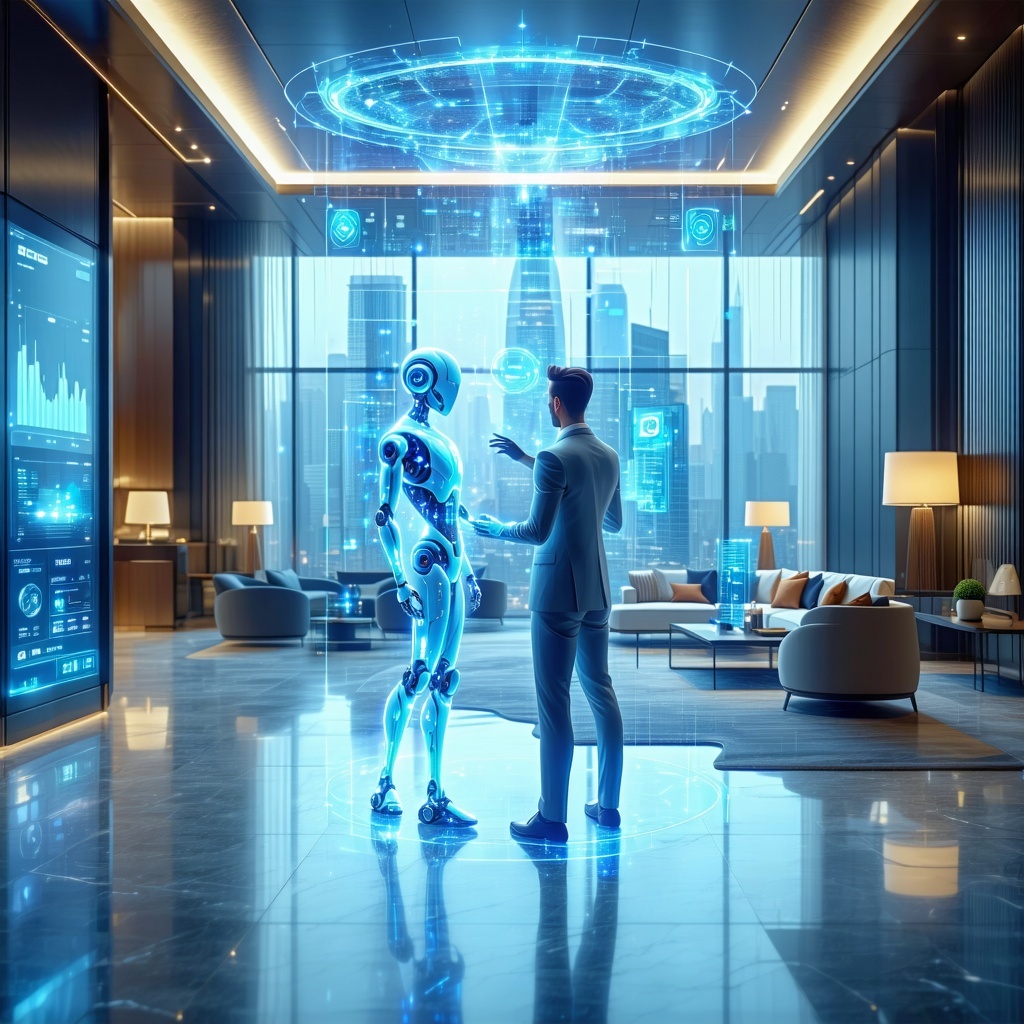What’s the Difference, and Why It Matters for Modern Operations?
What Is Agentic AI?
Agentic AI refers to a type of artificial intelligence made up of autonomous, specialized agents that can independently execute tasks, make decisions, and learn over time. In hospitality, these agents perform core functions such as:
- Guest messaging
- Reservation management
- Housekeeping coordination
- Maintenance routing
- Review handling
- Pricing optimization
- Upsell delivery
Unlike traditional automation, agentic AI doesn’t follow rigid scripts or wait for triggers. It acts on context—continuously and intelligently.
What Is Traditional Automation?
Traditional automation in hospitality relies on pre-programmed rules and manual triggers. It follows basic logic such as:
- “If guest checks in, send welcome email.”
- “If review is submitted, notify staff.”
- “If unit is dirty, assign cleaning task.”
These automations are useful but limited—they don’t adapt or make decisions. They execute only what’s been explicitly told, and they break easily when variables change.
How Is Agentic AI Different from Traditional Automation?
|
Capability |
Traditional Automation |
Agentic AI |
|
Triggering method |
Rules or human prompts |
Autonomous, context-aware detection |
|
Flexibility |
Static workflows |
Adaptive behavior based on data |
|
Learning ability |
None |
Continuous self-improvement |
|
Error handling |
Escalates or fails |
Decides or reroutes based on logic |
|
Setup/onboarding |
Manual configuration |
Document ingestion + SOP learning |
|
Interconnectivity |
Tool-specific logic |
Agents coordinate via shared system memory |
|
Execution |
Task assistance |
Task completion |
Why Does This Matter for Hospitality Operators?
Hospitality today requires real-time coordination across multiple channels, listings, and systems. Traditional automation was designed for predictable workflows. But hospitality isn’t predictable anymore.
Agentic AI enables operators to:
- Respond instantly to guest inquiries—without staff
- Adjust pricing dynamically based on demand
- Route maintenance in real time using booking data
- Upsell intelligently, based on guest profiles and timing
- Maintain brand consistency across every touchpoint
In short: agentic AI does the work—not just faster, but smarter.
What Are the Benefits of Switching to Agentic AI?
Operators adopting agentic systems like Jurny’s NIA platform report:
- 📉 91% reduction in operational workload
- ⚡️ 6x faster task resolution and guest response times
- 💰 +30% increase in revenue per stay from intelligent upsells
- 🧠 Zero training time thanks to autonomous SOP execution
- 🌟 +25% increase in guest satisfaction
These outcomes are not marginal improvements—they signal a new way of operating.
What Does Agentic AI Replace?
With an agentic system, operators can eliminate the need for:
- Guest messaging tools
- Review reply platforms
- Task management apps
- Housekeeping and maintenance schedulers
- Upsell plugins
- Manual quote builders
- Analytics dashboards
- SOP documentation tools
All of these functions are handled by intelligent agents—natively, consistently, and in real time.
What Is Jurny’s NIA Platform?
Jurny’s Network of Intelligent Agents (NIA) is the first agentic AI operating system purpose-built for hospitality. It replaces fragmented tools and manual workflows with a coordinated system of autonomous agents.
Key features include:
- Guest messaging in any language, on any channel
- Automated task and maintenance routing
- Real-time performance insights via voice/text interface
- Dynamic upsell delivery
- Brand-trained review responses
- End-to-end execution with zero human intervention
How Do I Get Started?
If your current tech stack relies on rules, dashboards, or manual oversight, it may be time to explore a system that acts on its own.
👉 [Book a Demo] of Jurny’s NIA and see what happens when execution is no longer your team’s responsibility—but the system’s.









